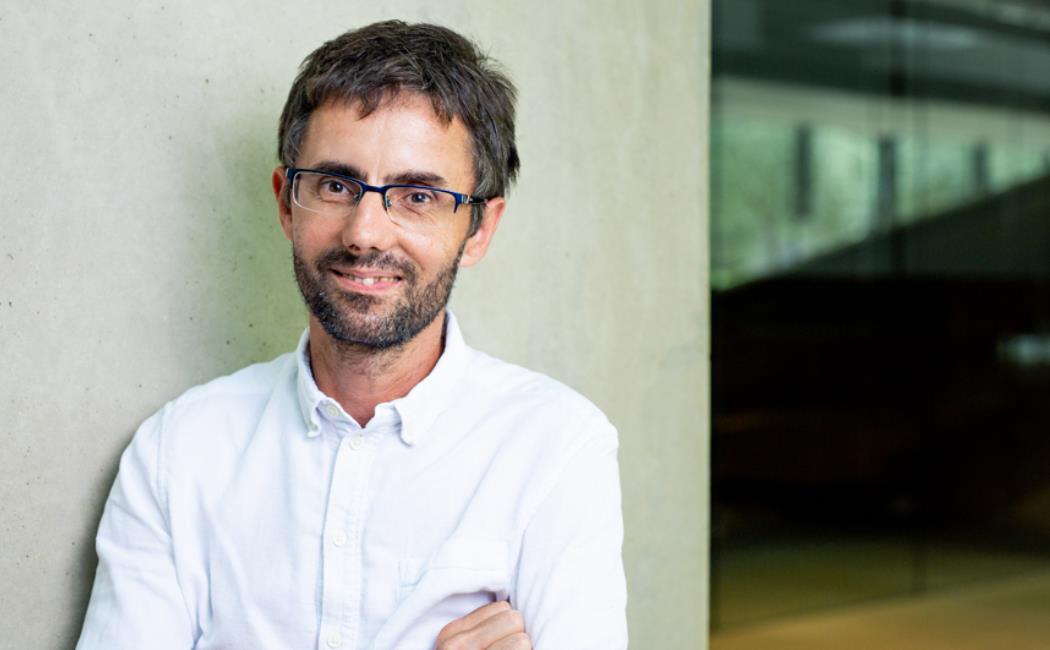Detail

Temperature signalling in plants
Speaker: Professor Philip A. Wigge
Head of Department for Plant Adaptation
Leibniz Institute of Vegetable and Ornamental Crops (IGZ) e.V.
On Zoom
Abstract
Temperature has a major role in plant growth and development, and plants are sensitive to small differences in temperature. For example, the phenology and distribution of wild plants has already altered in response to climate change. Despite the well-described responses of plants to higher temperature, the mechanisms of temperature perception and signal integration are not clear.
To help understand how plants sense and respond to molecular motion, we have used forward genetic screens with HSP70:LUC reporters and exploited natural variation in thermal responsiveness. From these studies, two major classes of warm temperature responses can be described: a heat stress response pathway, mediated by HSF class transcription factors and involving H2A.Z-nucleosomes, and a developmental and growth response, controlled by phytochrome and circadian clock signaling. Using natural variation, we have found key roles for the circadian clock (via the evening complex genes EARLY FLOWERING3 and LUX ARRYTHMO) as well as PHYTOCHROMES. We are undertaking biochemical and genetic approaches to understand how these components may be sensing temperature at the molecular level. We and others have described evidence that phytochromes serve as thermosensors through their rate of dark reversion being proportional to temperature, and we are investigating other molecular systems that can also provide temperature information to the cell. I will present recent evidence for novel thermosensory pathways in eukaryotes.
About the Speaker
Philip Wigge completed his undergraduate and master’s degrees at the University of Oxford, where he worked in the lab of David Sherratt on site specific recombination systems in E. coli. He studied the mitotic spindle in budding yeast at the MRC-Laboratory of Molecular Biology in Cambridge. In 2000, Dr. Wigge moved to the Salk Institute as a Sir Henry Wellcome Postdoctoral Fellow to work in the lab of Detlef Weigel. Subsequently, he moved to Tübingen and started a small group in Weigel’s new Max Planck Department. He started his independent group at the John Innes Centre, Norwich UK, where he worked for 7 years before moving to Cambridge to join the new Sainsbury Laboratory at Cambridge University. After 7 years at the Sainsbury Laboratory, Dr. Wigge was appointed as a Professor at the University of Potsdam and Head of Department at the Leibniz Institute for Vegetable and Ornamental Crops in Grossbeeren, Germany.
Watch the recorded lecture on our YouTube Channel
Speakers
Professor Philip Wigge
Head of Department for Plant Adaptation, Leibniz Institute of Vegetable and Ornamental Crops (IGZ) e.V.